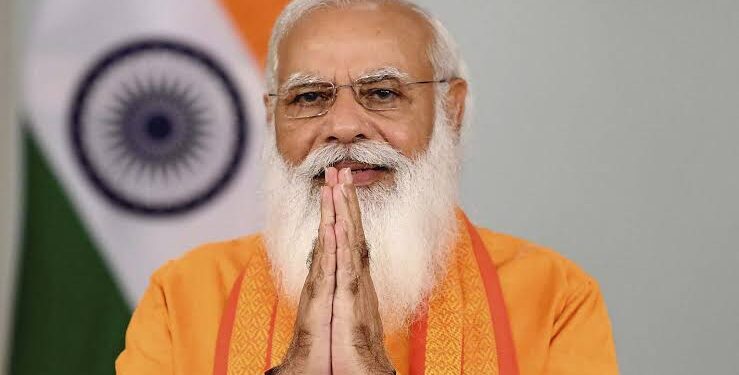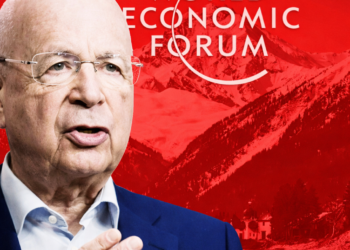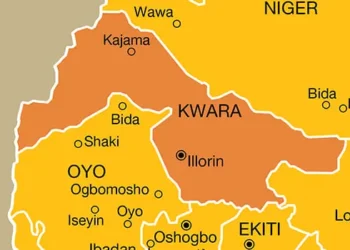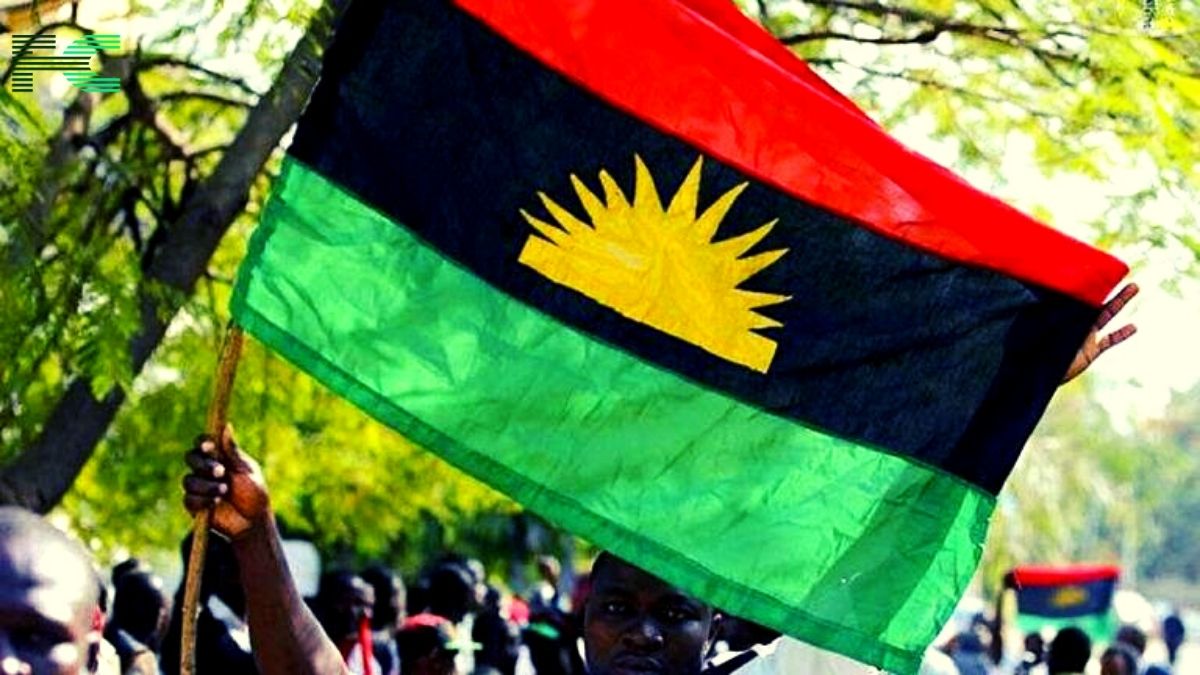During a historic visit to Kyiv, India’s Prime Minister Narendra Modi urged Ukrainian President Volodymyr Zelenskiy to engage in talks with Russia on a potential ceasefire arrangement. Modi offered to assist in facilitating peace negotiations between the two warring nations. This visit marks the first time an Indian Prime Minister has visited Ukraine, coming at a critical juncture in the conflict, which has seen Russia making slow but steady gains in eastern Ukraine since the war began in February 2022.
Diplomatic Efforts and India’s Position
Modi’s call for dialogue reflects India’s complex diplomatic stance on the Ukraine war. While India has maintained close economic and defense ties with Russia, it has also voiced concerns over the civilian casualties resulting from the conflict. Modi’s remarks in Kyiv echo his earlier statements during his visit to Moscow, where he similarly called for peace while engaging with Russian President Vladimir Putin. This dual approach has drawn criticism from Ukraine, especially when Modi’s visit to Moscow coincided with a Russian missile strike on a children’s hospital in Kyiv, leading to an outcry from Ukrainian officials.
Zelenskiy’s Response and Ukraine’s Peace Terms
Although Zelenskiy did not immediately respond to Modi’s call for talks during the public statements, he reaffirmed that Ukraine’s priority remains achieving a “just peace.” Ukraine has consistently stated that any resolution to the conflict must be on its terms, emphasizing the need for Russia to respect Ukraine’s sovereignty and territorial integrity. Zelenskiy’s government has been pushing for international support for its vision of peace, which excludes Russian participation unless Moscow is willing to negotiate on Ukraine’s terms.
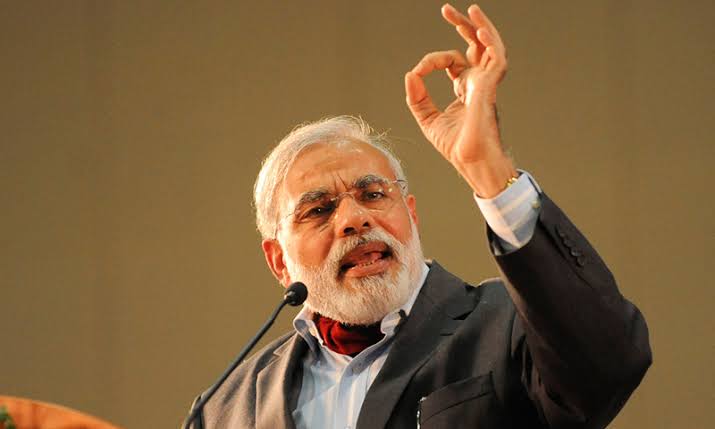
India’s Role and Strategic Interests
India’s potential role as a mediator in the conflict is complicated by its strategic interests, particularly its economic ties with Russia. Since the beginning of the war, India has increased its imports of Russian oil, making it one of the largest buyers of Russian seaborne oil. This economic relationship has drawn criticism from Western nations, which have imposed sanctions on Russia.
However, India views its relationship with Russia as crucial for its energy security and geopolitical strategy, balancing its ties with both Western nations and Russia.
Challenges and Global Reactions
Modi’s visit and his offer to mediate highlight the challenges faced by global leaders in addressing the Ukraine conflict. The international community is deeply divided, with Western nations supporting Ukraine and imposing sanctions on Russia, while countries like India and China have taken a more neutral or pragmatic stance. The reaction to Modi’s visit underscores the difficulties in finding a unified approach to resolving the war, with diplomatic efforts often being overshadowed by ongoing military developments on the ground.
Conclusion
Modi’s visit to Kyiv and his call for peace negotiations come at a time when the war in Ukraine shows no signs of abating. The visit also coincides with heightened geopolitical tensions, with the upcoming U.S. presidential election potentially influencing Western support for Ukraine. While India’s offer to mediate could open new diplomatic channels, it remains unclear whether it will lead to any substantial progress towards peace.
The success of such efforts will largely depend on the willingness of both Russia and Ukraine to compromise and the ability of the international community to support a sustainable resolution to the conflict.

